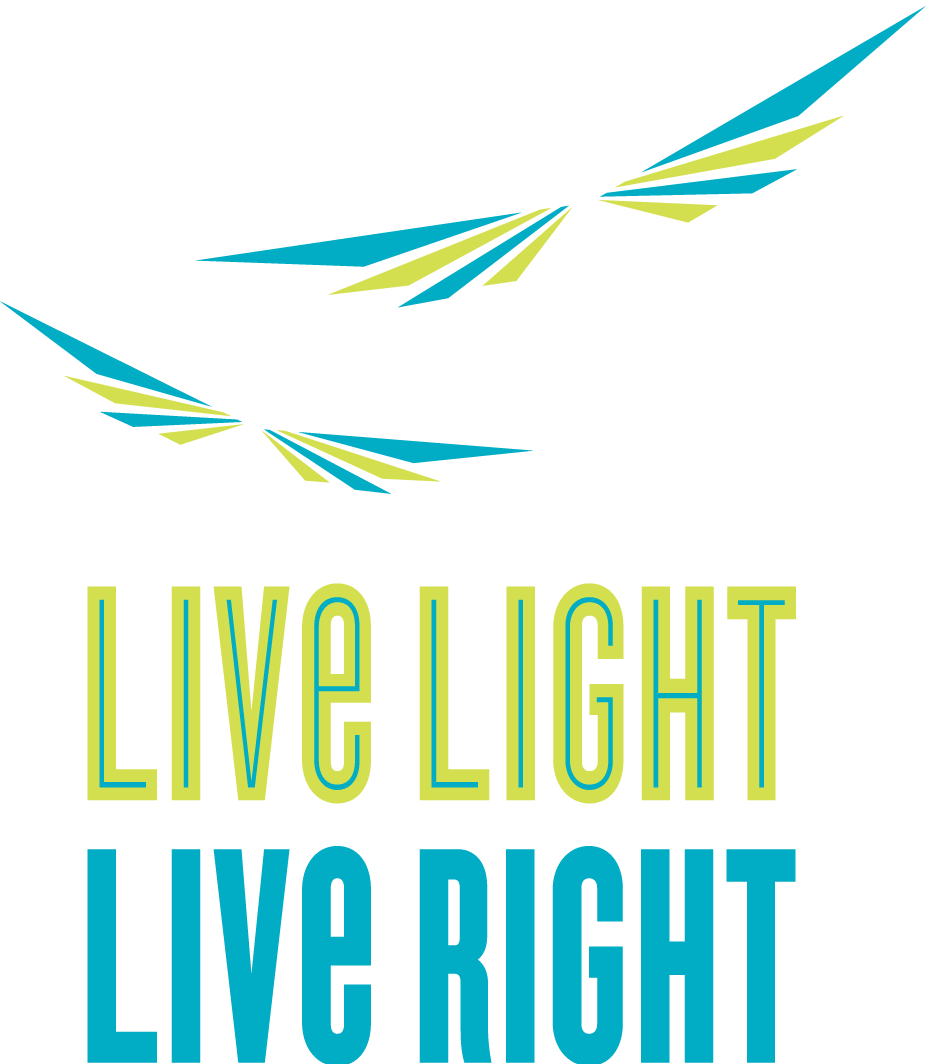Childhood obesity affects more than just body weight. Many overweight and obese children also struggle with emotional, behavioral and peer problems. Studies have shown that they suffer disproportionately from negative self-regard, diminished quality of life and some psychiatric disorders.
It’s something we see in our own program everyday. A Live Light Live Right clinic based survey found that nearly half of overweight or obese children suffered from a depressive disorder and a quarter of them met the criteria for Attention Deficit Disorder (ADD or ADHD.) Obese youth with these dual diagnoses require comprehensive and integrated treatment as the two conditions may be mutually reinforcing.
The best combination of intervention and treatment is through diet, exercise and family-based behavior modifications. Participants tend to respond best and comply with treatment goals when clinicians use motivational interviewing techniques.
Children who are overweight or obese are often discriminated, mistreated and victimized. Discrimination and abusive attitudes and behavior have been documented as early as nursery school and have been found in all forms of children’s media. Children experience it from peers, educators, health care professionals and even other family members. Weight bias is the primary factor in the development of psychosocial problems among children with childhood obesity. It needs to be remedied on the societal, institutional and individual levels.
Live Light Live Right takes this issue of weight bias very seriously and offers specialized workshops on ‘Easing the Teasing’ and educational materials for families and schools interested in providing support to their children.
For more information please contact Dr. Barry Panzer our Mental Health Consultant @ Bpanzer@livelight.com or call Genella at 718-240-8325 to set up a mental health related evaluation.
To learn more, read 10 Things You Should Never Say to an Overweight Child
